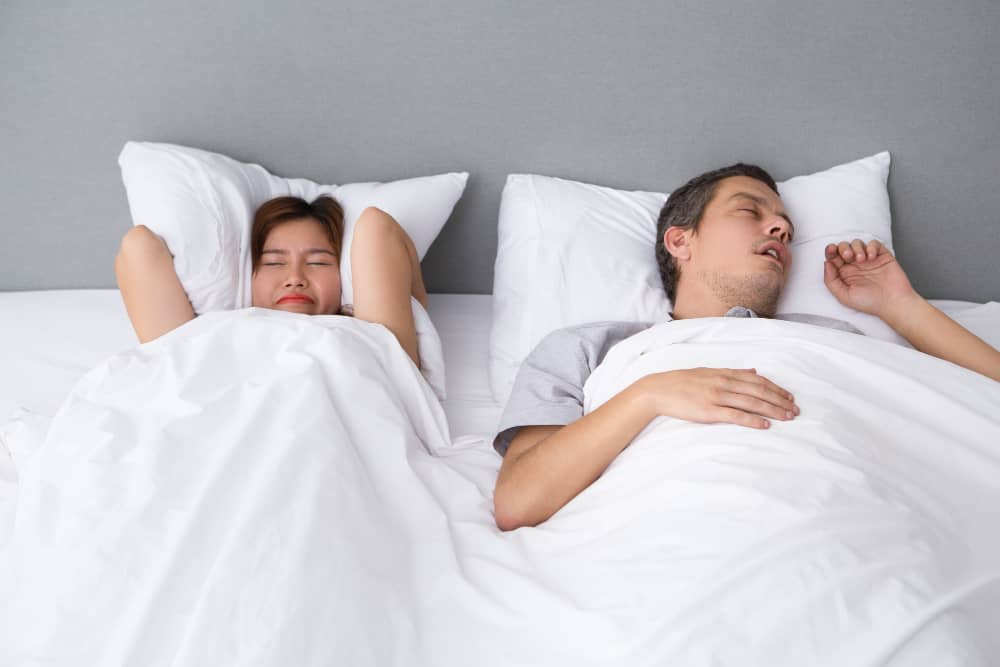
Sleep apnea is so much more than annoying loud snoring. If left untreated, it can cause fatigue, mood changes, and further health complications. Many are left frustrated by poor sleep, not knowing that the root of the problem could lie in their oral cavity and airway.
If you are looking for sleep apnea near you, you might want to consider a dentist. Trained dentists in sleep dentistry can provide patients with oral appliances that open the airway during sleep.
With the proper dental method, perhaps better sleep and health are just within reach. Early interventions will avert complications concerning the heart, brain, and general well-being.
Can a Dentist Actually Help with Sleep Apnea?
Dentists can help with mild to moderate obstructive sleep apnea. They provide custom oral appliances that open the airway through specialized training in dental sleep medicine.
It simply moves your jaw slightly forward so that your throat does not collapse while you sleep.
Unlike CPAP machines, which require wearing a mask and may feel uncomfortable, oral appliances are small, quiet, and easy to use-much more suitable for many people. It could be very appropriate for travel arrangements because they do not need electricity.
What Do Dentists Use to Help You Sleep?
You might wonder, what do dentist use to put you to sleep during dental treatments or sleep-related care?
In sleep dentistry, dentists do not put you to sleep the way general anesthesia does unless surgery is needed. For sleep apnea, they use oral appliances, not sedation, to treat the condition.
However, if you’re undergoing procedures like extractions or implants, your dentist may use
- Nitrous oxide (laughing gas)
- Oral sedatives
- IV sedation
These help you relax but are not typically used in treating sleep apnea itself.
So, to be clear again, what do dentist use to put you sleep depends on the treatment. Sleep apnea management usually does not involve putting patients to sleep at all.
Benefits of Dental Solutions for Sleep Apnea
Using a dental device to treat sleep apnea can lead to many benefits:
- Improved breathing during sleep
- Less snoring
- Better oxygen levels
- Reduced daytime fatigue
- Lower risk of high blood pressure and heart problems
Plus, dental solutions are discreet, easy to carry, and don’t require power or tubing like CPAP machines.
Who Is a Good Candidate for Dental Sleep Apnea Treatment?
You may be a good fit for a dental solution if you:
- Have mild to moderate obstructive sleep apnea
- Cannot tolerate CPAP therapy
- Snore heavily at night
- Want a non-invasive alternative to surgery
If you’re not sure whether you’re a candidate, your dentist can work closely with your sleep doctor to assess your case. In some cases, a sleep study may be required to properly diagnose and measure the severity of your sleep apnea before choosing a treatment.
How to Get Started
If you suspect you have sleep apnea, the first step is to get a sleep study either at home or in a lab. Once diagnosed, your dentist can custom-fit a device that works best for your airway and jaw structure.
Regular follow-ups ensure the appliance is doing its job and keeping you healthy.
With the right dental support, sleep quality can improve drastically, helping you feel more alert, focused, and energized during the day.
Better Sleep Starts with the Right Support
If sleep apnea is interfering with your life, consider speaking with a dentist in Mississauga who specializes in dental sleep solutions.
Wake Up Refreshed, Breathe Better Tonight
At IONA Dental, we understand how important restful sleep is for your health and happiness. Our team is here to help you breathe easier and sleep better, without invasive treatments or noisy machines.
